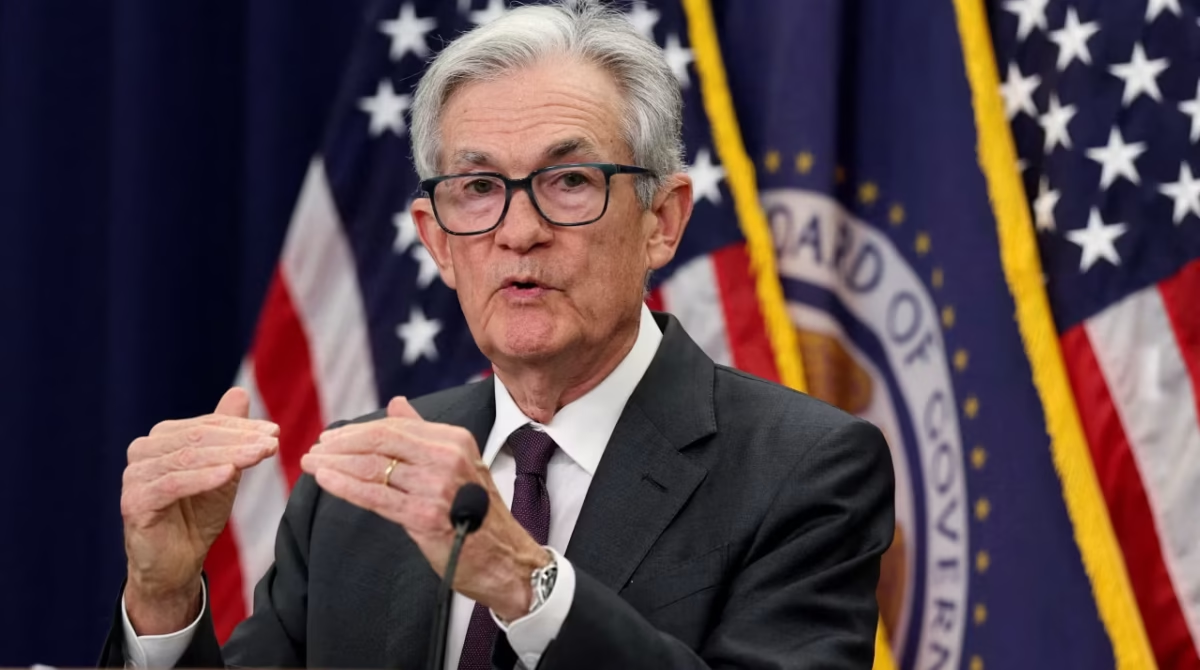
Pic Credit: The Wall Street Journal
All eyes are on Federal Reserve Chair Jerome Powell as he prepares to deliver his highly anticipated speech at the Jackson Hole Economic Symposium from August 22 to 24. This annual gathering of central bankers, economists, and policymakers is shaping up to be a critical moment for the Fed’s future policy direction.
Investors and analysts expect Powell to provide important insights on several key economic issues, including the trajectory of inflation, the health of the labor market, and the risks posed by ongoing global trade tensions. His remarks are likely to heavily influence market expectations for near-term interest rate moves and overall monetary policy.
Inflation remains a central concern for the Fed, as prices have stubbornly stayed above the 2% target despite significant tightening efforts. Powell will be watched closely to see if he signals more patience or indicates a readiness to adjust rates to prevent inflation from becoming entrenched.
The labor market’s strength is another crucial factor. While unemployment has eased, some signs of softness, such as slower hiring and moderated wage growth, have sparked debate about the right balance between supporting jobs and controlling inflation.
Trade uncertainties, including tariffs and international relations, add an additional layer of complexity to the Fed’s decision-making. Powell’s speech could touch on how these factors weigh on the economy and the Fed’s response.
Markets are already bracing for any hints of a policy shift, with expectations high that Powell’s words may set the tone for potential interest rate cuts in the coming months or a continued hold depending on economic data and global developments.
For policymakers, businesses, and everyday Americans, the Jackson Hole speech is more than just an annual event it’s a crucial signal about the economic path ahead and how the Fed plans to navigate ongoing challenges.





